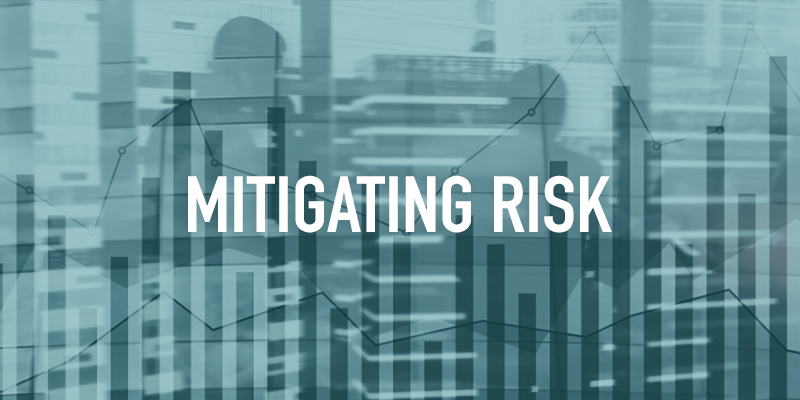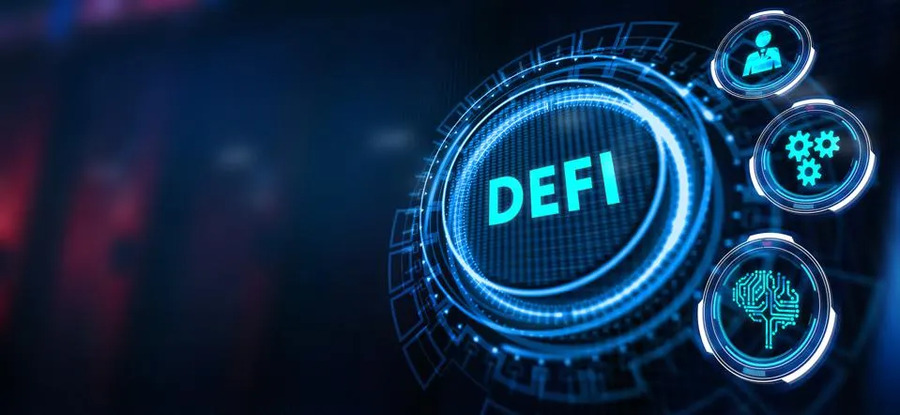
In recent years, the rise of blockchain technology has given birth to various innovations, with non-fungible tokens (NFTs) and decentralized finance (DeFi) emerging as two prominent and interconnected developments. NFTs have revolutionized the concept of ownership and provenance in the digital realm, while DeFi has disrupted traditional financial systems by enabling decentralized and permissionless transactions. However, along with the numerous advantages they bring, NFTs and DeFi also present security implications that must be carefully considered and addressed.
Understanding Non-Fungible Tokens (NFTs)

What are NFTs?
NFTs are unique digital assets that represent ownership or proof of authenticity for a particular item, whether it’s artwork, music, virtual real estate, or even virtual goods in video games. Unlike cryptocurrencies such as Bitcoin or Ethereum, which are fungible and can be exchanged on a one-to-one basis, NFTs have distinct characteristics that make each token one-of-a-kind.
How do NFTs work?
NFTs are built on blockchain networks, primarily Ethereum, utilizing smart contracts to store and verify ownership information. These smart contracts define the rules and conditions of the NFT, ensuring transparency and immutability. Each NFT contains metadata that provides details about the asset it represents, including its creator, history, and any associated royalties.
Benefits and use cases of NFTs.
NFTs offer several benefits, including:
- Authenticity and provenance: NFTs provide a transparent and tamper-proof record of ownership, making it easier to establish authenticity and provenance for digital assets.
- Monetization opportunities: Artists, creators, and content owners can monetize their work directly through NFT sales, eliminating intermediaries and unlocking new revenue streams.
- Fractional ownership: NFTs enable fractional ownership, allowing multiple investors to share ownership of a single asset, which can be particularly useful for high-value assets like real estate.
- Gaming and virtual economies: NFTs have gained significant traction in the gaming industry, allowing players to own and trade virtual goods, creating vibrant and profitable virtual economies.
Decentralized Finance (DeFi)

What is DeFi?
DeFi refers to a range of financial applications and services built on blockchain networks that aim to provide open and permissionless access to financial products and services. Unlike traditional finance, DeFi eliminates intermediaries and allows individuals to engage in lending, borrowing, trading, and other financial activities directly.
Key features of DeFi
Key features of DeFi include:
- Interoperability: DeFi protocols can interact with each other, enabling composability and the creation of complex financial instruments and applications.
- Liquidity provision: Users can provide liquidity to decentralized exchanges (DEXs) and earn rewards, creating decentralized liquidity pools that facilitate trading.
- Decentralized lending and borrowing: DeFi platforms offer peer-to-peer lending and borrowing services, where users can earn interest on their assets or borrow against their holdings without requiring a traditional bank.
The intersection of NFTs and DeFi
NFTs and DeFi have started to intersect, creating new opportunities and challenges. DeFi platforms have embraced NFTs by allowing users to collateralize their NFTs and access liquidity, enabling NFT holders to unlock the value of their digital assets. Conversely, NFT platforms are exploring DeFi capabilities by introducing royalties, fractional ownership, and other financial mechanisms into their ecosystems.
Security Challenges in NFTs and DeFi
While NFTs and DeFi offer exciting possibilities, they also present security challenges that must be addressed:
Smart contract vulnerabilities
Smart contracts, the backbone of NFTs and DeFi, are susceptible to coding errors and vulnerabilities. Exploits such as reentrancy attacks, overflow vulnerabilities, and malicious code injections have resulted in substantial financial losses. Thorough code audits and rigorous testing are essential to mitigate these risks.
Unauthorized access and theft
As NFTs and DeFi gain popularity, they become attractive targets for hackers. Unauthorized access to wallets, exchanges, or NFT marketplaces can lead to the loss or theft of valuable digital assets. Strong security measures such as multi-factor authentication, hardware wallets, and secure key management are crucial to safeguard user funds.
Scalability issues
Blockchain networks, particularly Ethereum, have faced scalability challenges due to the increasing demand for NFTs and DeFi applications. Network congestion, high transaction fees, and slow confirmation times can hinder the user experience and limit the scalability of these systems. Solutions like layer 2 scaling and alternative blockchains are being explored to address these limitations.
Mitigating Security Risks in NFTs and DeFi
To enhance security in NFTs and DeFi, several measures can be implemented:
Code audits and security best practices
Thorough code audits by independent security firms can help identify vulnerabilities and ensure smart contracts are robust. Adhering to security best practices, such as following the principles of the OpenZeppelin framework, can also enhance the security of NFTs and DeFi protocols.
Multi-factor authentication and secure wallets
Enforcing multi-factor authentication (MFA) adds an extra layer of security to user accounts, making it more challenging for attackers to gain unauthorized access. Hardware wallets, which store private keys offline, provide enhanced security for storing and transacting NFTs and DeFi assets.
Insurance and dispute resolution mechanisms
Introducing insurance options and dispute resolution mechanisms within NFT and DeFi platforms can help mitigate potential losses due to hacks, scams, or contract failures. These mechanisms provide an added layer of protection and help build trust in these ecosystems.
Regulatory Landscape and Legal Considerations
The rapidly evolving NFT and DeFi landscape raises several regulatory and legal considerations:
Jurisdictional challenges
As NFTs and DeFi operate in a global and decentralized manner, regulatory frameworks vary across jurisdictions. Harmonizing regulations and establishing clear legal frameworks will be essential to promote innovation while protecting consumers and investors.
Anti-money laundering (AML) and Know Your Customer (KYC) requirements
Governments and regulatory bodies are increasingly focusing on AML and KYC regulations to prevent money laundering and illicit activities within NFT and DeFi ecosystems. Platforms and marketplaces may need to implement identity verification measures to comply with these regulations.’
The Future of NFTs and DeFi Security
As NFTs and DeFi continue to evolve, security will remain a critical focus area. The future holds several developments that can enhance the security of these ecosystems:
- Innovations and advancements in security protocols: Continuous research and development efforts will lead to improved security protocols, ensuring that NFTs and DeFi platforms are resilient to attacks and exploits.
- Collaboration between developers, auditors, and regulators: Effective collaboration between developers,
- security auditors, and regulatory bodies is crucial to establish best practices, standards, and regulations that promote security while fostering innovation.
- User education and awareness: Educating users about security best practices, risks, and potential threats will empower them to make informed decisions and protect their digital assets.
Conclusion
The rise of NFTs and DeFi has brought forth exciting opportunities, but also security implications that cannot be overlooked. As the adoption of NFTs and DeFi continues to grow, it is essential to address the challenges of smart contract vulnerabilities, unauthorized access, and scalability issues. Implementing robust security measures, conducting thorough code audits, and collaborating with regulators will be key to building secure and trustworthy NFT and DeFi ecosystems.
FAQs
1. Are NFTs and DeFi completely secure?
While significant efforts are being made to enhance security in NFTs and DeFi, no system is entirely immune to risks. Implementing best practices, following security protocols, and staying informed about potential threats can significantly reduce security vulnerabilities.
2. Can NFTs be hacked or stolen?
NFTs themselves cannot be hacked or stolen since they are stored on the blockchain. However, unauthorized access to wallets or marketplaces where NFTs are stored can result in the loss or theft of NFTs.
3. How can I protect my NFTs and DeFi assets?
To protect your NFTs and DeFi assets, use secure wallets, enable multi-factor authentication, be cautious of phishing attempts, and only transact on reputable platforms with a proven track record of security.
4. Is there any regulation around NFTs and DeFi?
Regulation around NFTs and DeFi is still evolving. Different jurisdictions have varying approaches, and it is crucial to stay informed about the legal landscape and comply with relevant regulations.
5. What is the future of NFTs and DeFi?
The future of NFTs and DeFi looks promising, with ongoing innovations in security, scalability, and usability. Increased collaboration between industry stakeholders and growing user education and awareness will contribute to the continued growth and maturation of these ecosystems.
